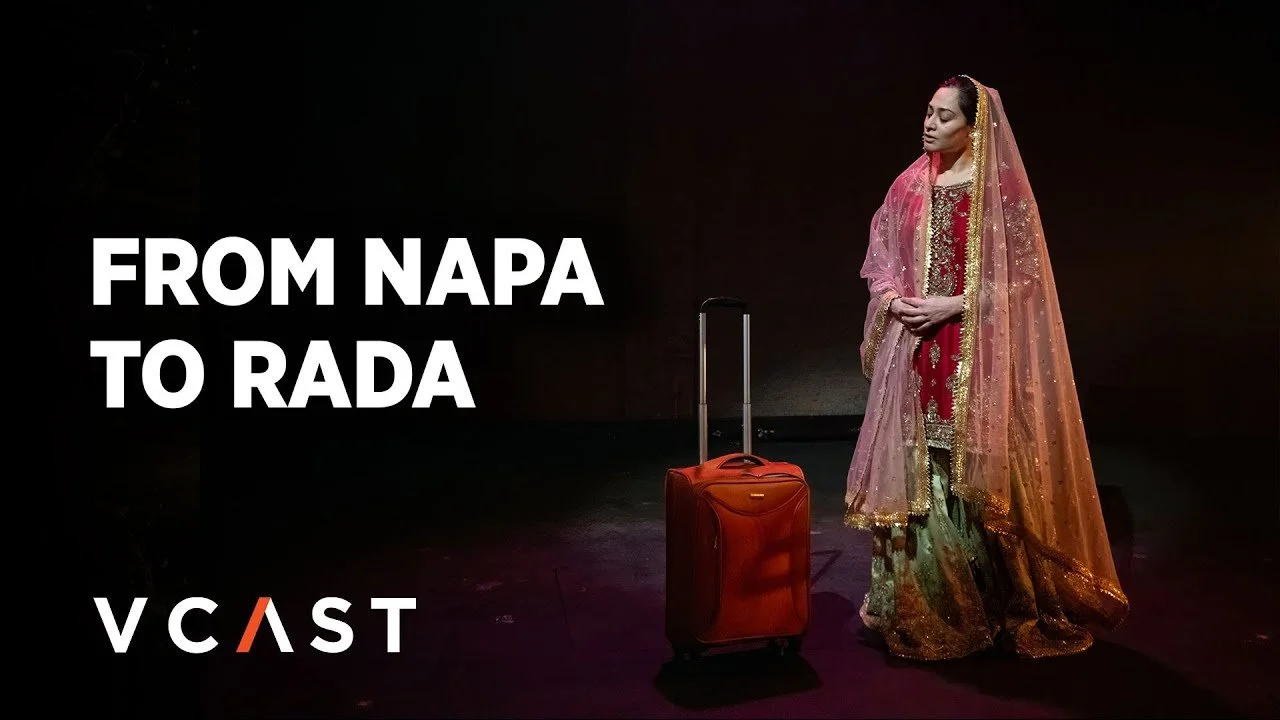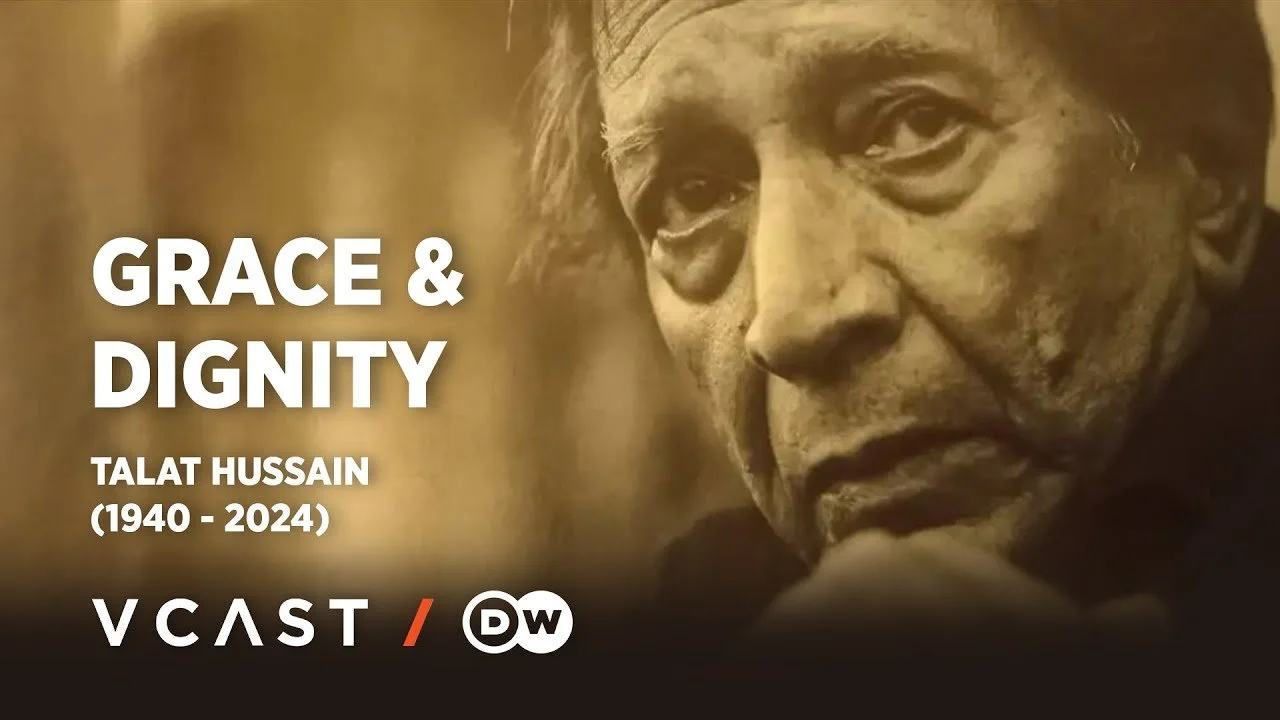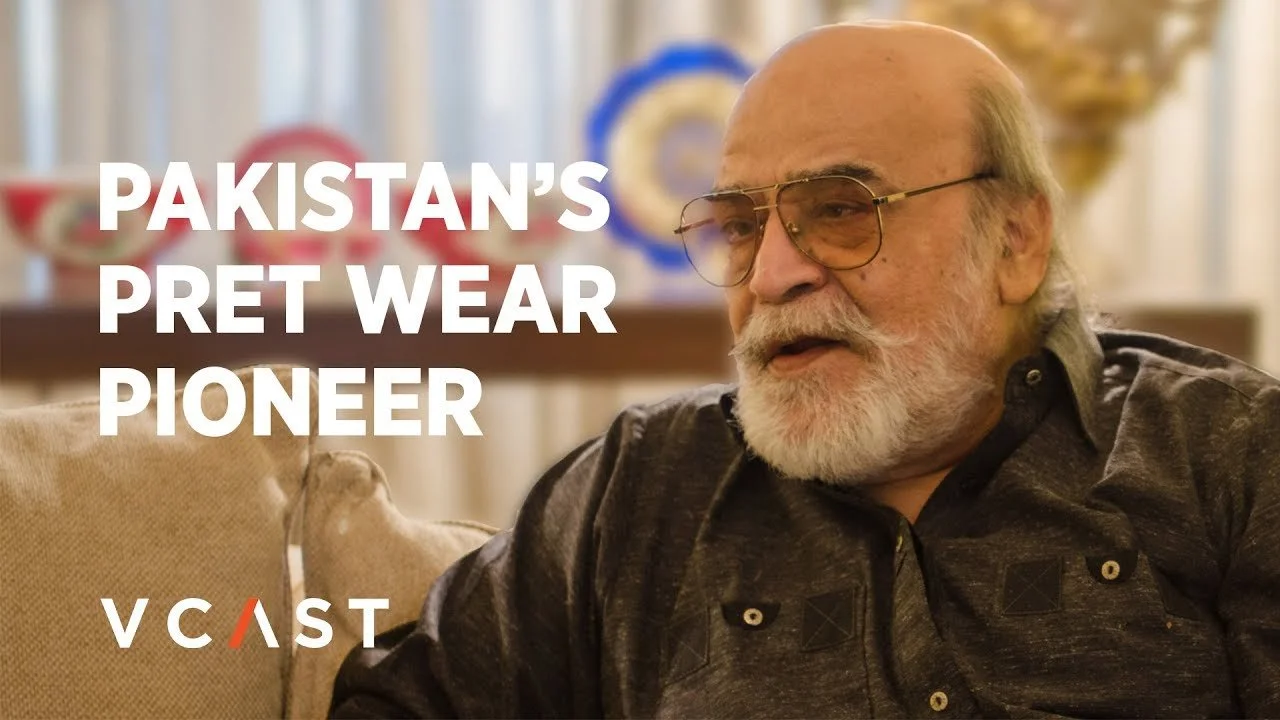How a 9th generation artisan strives for success and impact in Pakistan
“Students often ask me, ‘Sir, what’s the scope of this field?’ I tell them, ‘Nothing has a scope unless you create it yourself.’ If you’re talented and believe you can promote your work, it all comes down to your inner strength and determination.”
In this interview, Hassan Kashi, a 9th-generation ceramic artist from Jamshoro, shares inspiration for emerging artists. He also reflects on his father’s wisdom, his full scholarship journey to NCA Lahore, and the ongoing challenges faced by rural artisans in Pakistan.
In a quiet village in interior Sindh, Kashi continues to revive an ancient tradition, Kashikari, the intricate art of designing and glazing handmade ceramics. This vibrant tile craft once adorned the walls of Mughal palaces. For him, it’s not just an art; it’s a legacy passed from father to son.
Kashi’s journey into Kashikari began at home under his father’s guidance. From a young age, he learned by observing closely. Their daily rhythm was simple yet meaningful: his father would leave early each morning and return in the evening, exhausted. Kashi fondly recalls massaging his father’s weary legs — a quiet act of care that strengthened their bond. He remembers the challenging days of shaping clay and firing tiles, driven by a desire to keep their heritage alive, even without access to platforms or exhibitions.
His father often emphasized that real success comes from hard work, not from worrying about dirty clothes or tired hands. He believed that fearing discomfort would hold a person back from moving forward. His father also taught him that true mastery is never complete, and that creativity knows no boundaries, only the depth of passion and commitment behind it.
“My father always told me one thing: no matter how skilled you become, never think that you’ve earned a full rupee from your work. Always believe you’ve only earned fifty paisas’ worth of the craft — the other fifty is yet to be earned.”
A turning point came in 2002 when a delegation from the National College of Arts (NCA) Lahore visited Sindh and met Kashi. He shared that his family’s financial situation made it impossible to pursue such an opportunity. Impressed by his honesty and talent, the delegation offered him a fully funded scholarship — a dream that once seemed unattainable. Still, Kashi insisted on taking the admission test and attending the interview, believing the experience would one day help him guide others on a similar path.
At NCA, Kashi stepped into a whole new world, surrounded by artists from all over Pakistan. Some wondered if he could thrive in an English-speaking academic environment. However, he embraced the challenge, believing that the right setting would foster his growth. And it did. He not only adapted but also excelled, mastering contemporary techniques while finding ways to present his traditional craft within modern artistic contexts.
This experience shaped Kashi’s belief in supporting passionate individuals from under-resourced areas like interior Sindh. He advocates for the creation of academic programs and fully funded scholarships dedicated to nurturing such talent across all art schools in Pakistan. According to him, talent exists in every corner of the country, and when given the opportunity, these individuals can thrive and enrich the creative world with fresh perspectives.
Notably, he laments how mass production and public disregard have diminished the value of handmade craft. When creators spend weeks on a piece and receive only a few hundred rupees in return, it’s more than discouraging — it threatens the very survival of their heritage. In a world driven by speed and convenience, Hassan Kashi offers a vital reminder: there is enduring beauty in patience, tradition, and the untold stories embedded in every handcrafted tile.
Today, Kashi serves not just as an artist but as a mentor and voice for rural artisans. He now heads the ceramic design department at the Centre of Excellence in Arts and Design located in Jamshoro's Mehran University of Engineering and Technology (MUET).
Do traditional crafts like Kashikari still matter today? Share your thoughts or support for artisans like Hassan Kashi in the comments below.
This video was created in association with McDonald's.
This article was developed with the assistance of AI tools.




